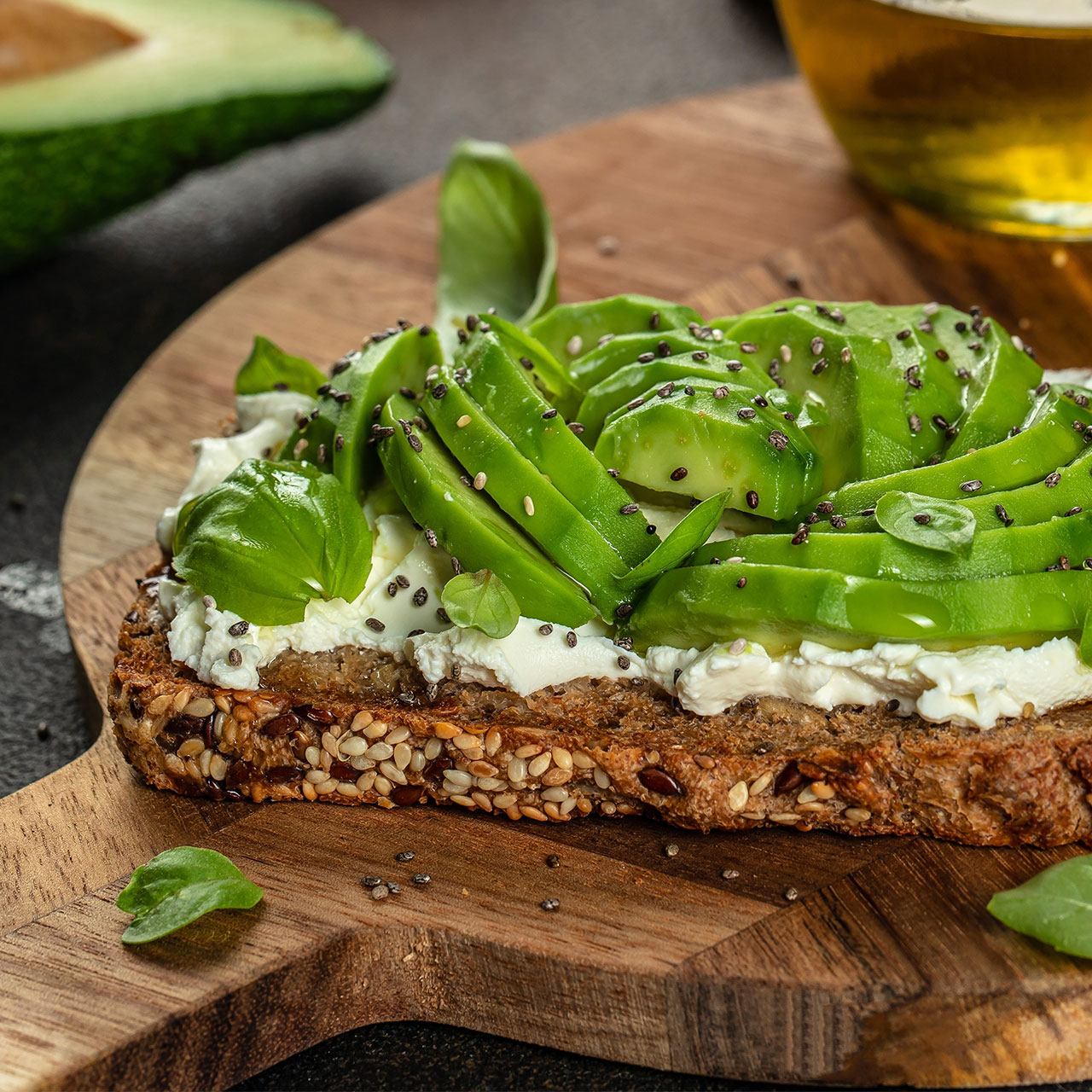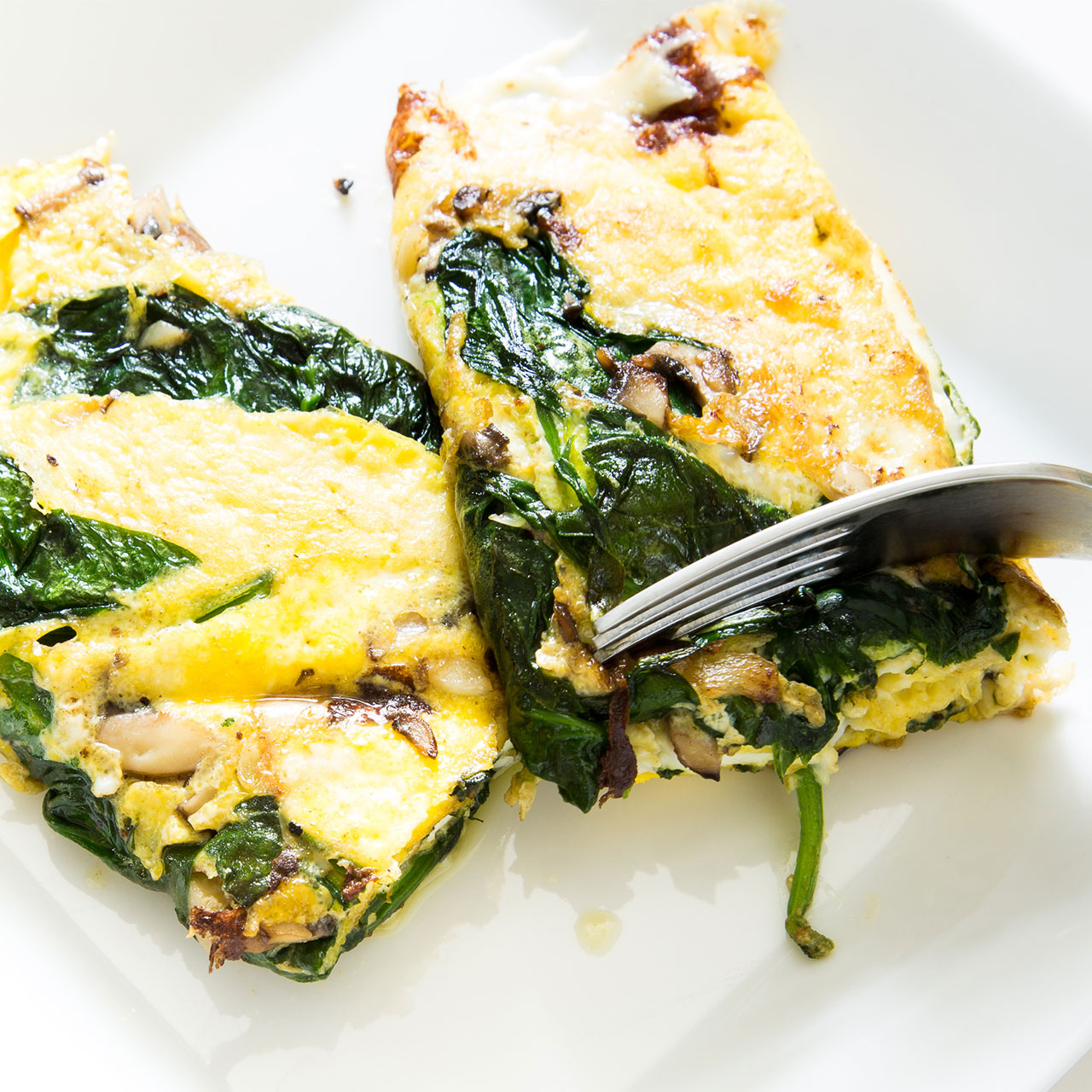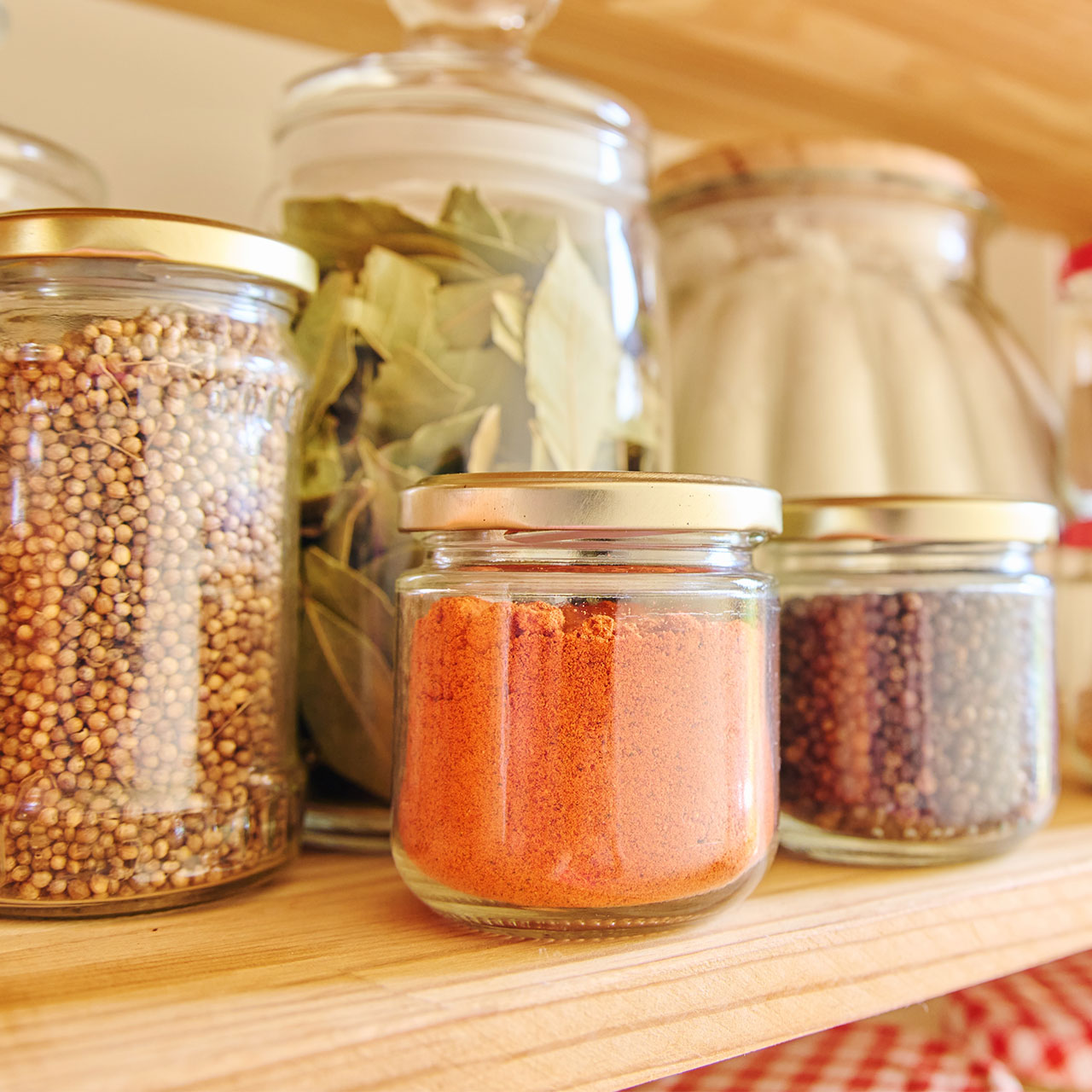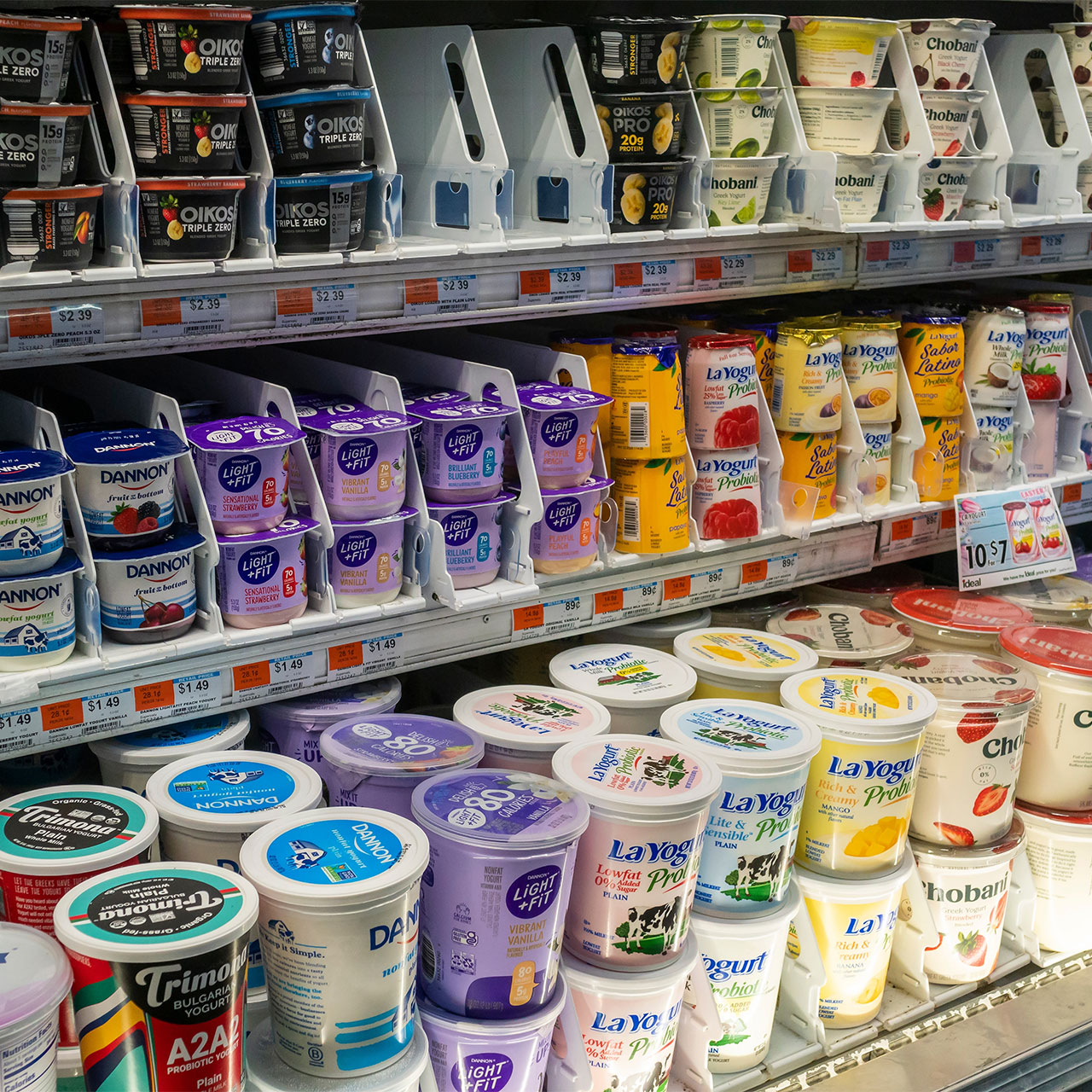Living a healthy lifestyle and preventing illness to the best of your ability is possible with a balanced diet, ample hydration (oftentimes drinking more water than you think!), exercising regularly, and having a consistent sleep schedule. While you can’t possibly prepare for all the ups-and-downs life will throw at you, health experts do recommend following 3 go-to tips to promote optimal health as you age. Read on for tips, suggestions and insight from Dana Ellis Hunnes, PhD, MPH, RD, senior dietitian at UCLA medical center, assistant professor at UCLA Fielding school of public health and author of Recipe for Survival.


1. Develop A Happier Mindset & Relationship With Food
If you ever find yourself following a restrictive diet, Hunnes stresses that having a healthier relationship with food and eating is crucial for a more positive mindset overall. Letting go of societal expectations and instead focusing on what you love about yourself, she says, can help you feel much happier when thinking about food. By having an optimistic outlook on food, this makes preparing meals a more fun task to look forward to rather than a daunting one, or something that might make you feel guilt later. In turn, feeling more confident about your body and knowing what you'd like to improve on (rather than bashing yourself) will make all the difference.
"Think of food as a lifestyle that you intend to follow lifelong, it takes you out of the mindset of yo-yo dieting, or crash diets and then going back to your prior way of eating," Hunnes says. "It's much easier to maintain a healthy lifestyle [and prevent more weight gain] than it is to lose weight." Hunnes recommends creating a "whole foods, plant-based way of eating for the vast majority of foods." While this doesn't mean you cannot still enjoy your favorite dessert, she suggests that "80-90% of the foods you are eating are whole— the way nature grew them— from the ground, a tree, or from some other plant-based source." The reason that this tips for life, she continues is because "these foods are anti-inflammatory, high in fiber, high in water, high in vitamins and minerals and nourish your body."

2. Remove Packaged & Processed Foods From Your Diet
Although this might be difficult to do at first, Hunnes says that eating less processed items and replacing them with whole foods is a habit that offers many benefits. While cooking at home not only saves you more money in the long-run, Hunnes also points out that doing so allows you to choose your own portion-sizes. This, she says, can prevent weight gain or other health issues that come with over-eating. "Although it will take more time upfront to do more scratch cooking, once you get into the habit, you'll be doing your body much better, much healthier and it will be much easier to lose weight," she says. Packaged or convenience foods, she stresses, are "notoriously high in sodium, calories (for the volume), and are not nutrient-dense (containing vitamins and minerals) and leave you walking around hungry." It's better to eat naturally-grown foods that are high in volume (water) and give you a lot of "naturally occurring vitamins and minerals, fiber, and help you stay fuller longer," she adds, "You'll see a lot of difference without feeling deprived."
When cooking for yourself, she recommends "seeking out recipes that are doable (and of course, healthy and primarily plant based." She says she always suggests looking for "easy-to-make recipes with easily accessible ingredients, because it makes it that much simpler and achievable." If we use recipes that contain "25 ingredients and some of them are exotic," she notes, it makes cooking a chore for many people, "so, finding easily accessible recipes is really helpful."
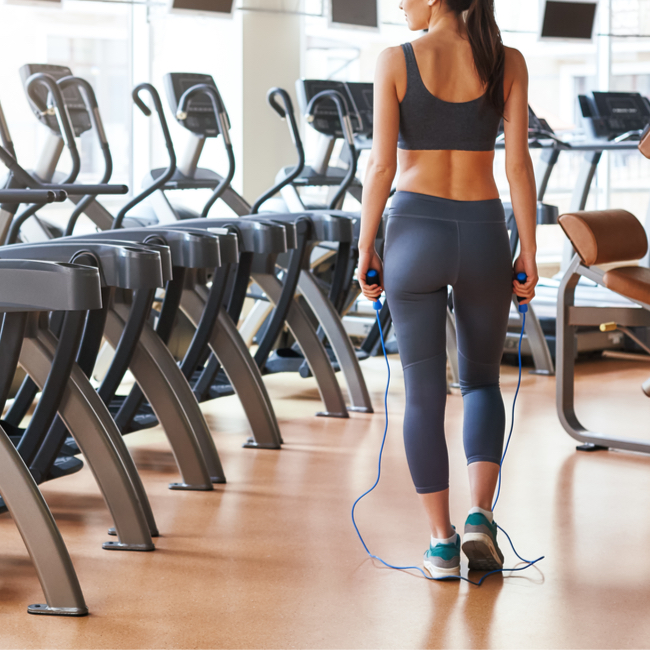
3. Rethink Your Fitness Goals
Whether you're comparing your body to airbrushed or edited images on social media or spending time hating what you see in the mirror, having a negative outlook on yourself can make regular exercise a challenge. The key here, Hunnes says, is to rethink fitness as a whole. If you focus on realistic goals in the gym, like working towards feeling strong enough to carry in your groceries, for example, rather than just aiming to be "skinnier," you'll feel so much better about the whole thing.
"Seek to be a high-achiever in fitness, not in looks," Hunnes advises, "What I mean by that is, achieve a goal you set for yourself." She gives the following example, telling yourself, "I will walk-jog 3 miles today and next week I'll do 4 miles" rather than, "I want to lose 5 pounds." Setting yourself for achievement goals rather than negativity is much more self-efficacious and self-esteem building, she notes.


